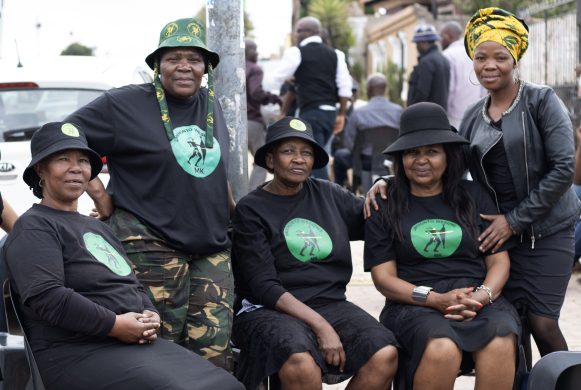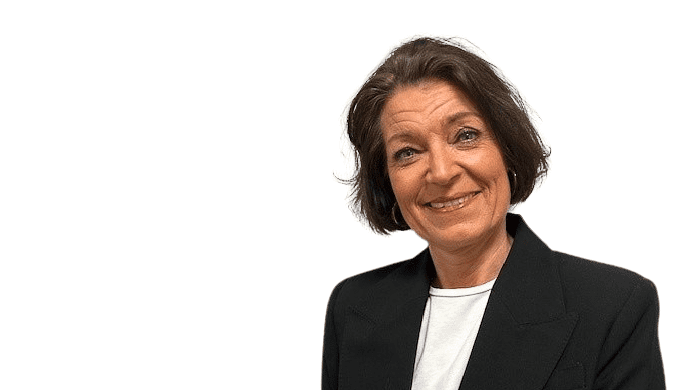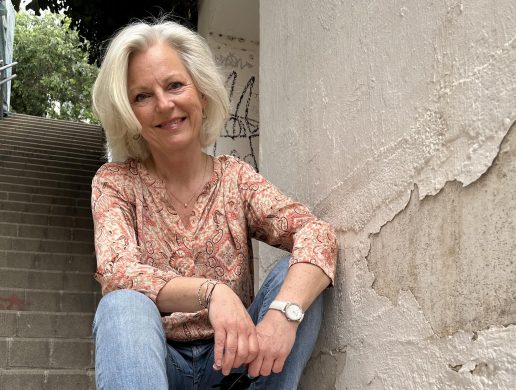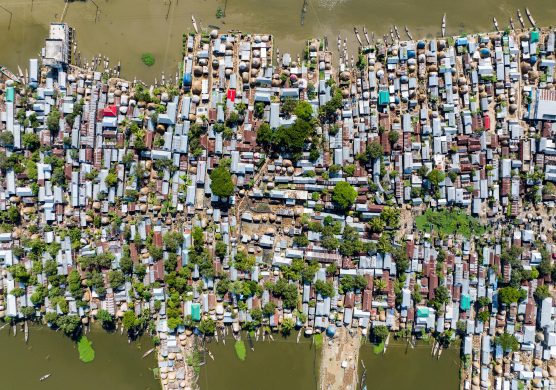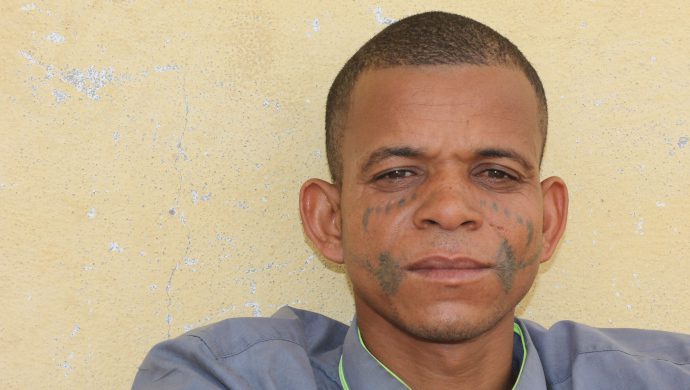Sundheds-NGOer i alarm over udviklingen og kræver bedre beskyttelse af personalet efter bølge af overgreb, som endog omfatter tortur af sundhedsarbejdere – der er nu dokumenteret overfald i 18 lande kloden rundt.
BANGKOK, 23 May 2014 (IRIN): Experts are calling for increased protection to healthcare workers and patients in crisis situations in the face of growing attacks on health facilities, which challenge notions (forestillingen) of their neutrality.
“We need multiple and reinforcing means to protect health care in situations of violence, including the well-developed mechanisms of human rights monitoring, reporting and accountability,” Leonard Rubenstein, told IRIN.
He is chair of Safeguarding Health in Conflict Coalition, a group of humanitarian and human rights organizations, participating in the World Health Assembly, held from 19 to 24 May in Geneva, Switzerland.
A 2014 report by the Safeguarding Health Coalition and Human Rights Watch documents attacks in 18 countries and claims that both the frequency and severity of violence against health care has increased in recent years – including killings and torture of staff, and damage to facilities and ambulances.
A resolution in 2012 by the World Health Assembly committed the UN World Health Organization (WHO) to “provide leadership at the global level in developing methods for systematic collection and dissemination of data on attacks on health facilities, health workers, health vehicles, and patients in complex humanitarian emergencies.”
“We are pleased that, as part of its humanitarian reform initiative, the WHO is moving forward in providing global leadership in methods for systematic collection and dissemination of data on attacks on health facilities, health workers, health transports, and patients in complex humanitarian emergencies,” Rubenstein said.
Lack of centralized data
Consultations with humanitarians and NGOs shaping the mechanism are ongoing.
Activists and experts say a major impediment (forhindring) to combating increasing rates of violence against healthcare outlets is the lack of centralized data.
But experts say the picture is incomplete as many attacks go unreported and perpetrators are unnamed – a fact which has curtailed effective responses to the violence.
They point to the complexity of protection at the local level as an important consideration as global systems emerge.
Rudi Coninx, coordinator for emergency risk management and humanitarian action at WHO said:
“The objective of the central data collection methodology we are spearheading is first to document attacks and to have information about trends. And second, to act – we need all actions taken against these horrific attacks to be based on evidence.”
Hostilities and health
Læs videre på http://www.irinnews.org/report/100119/more-protection-for-healthcare-needed







